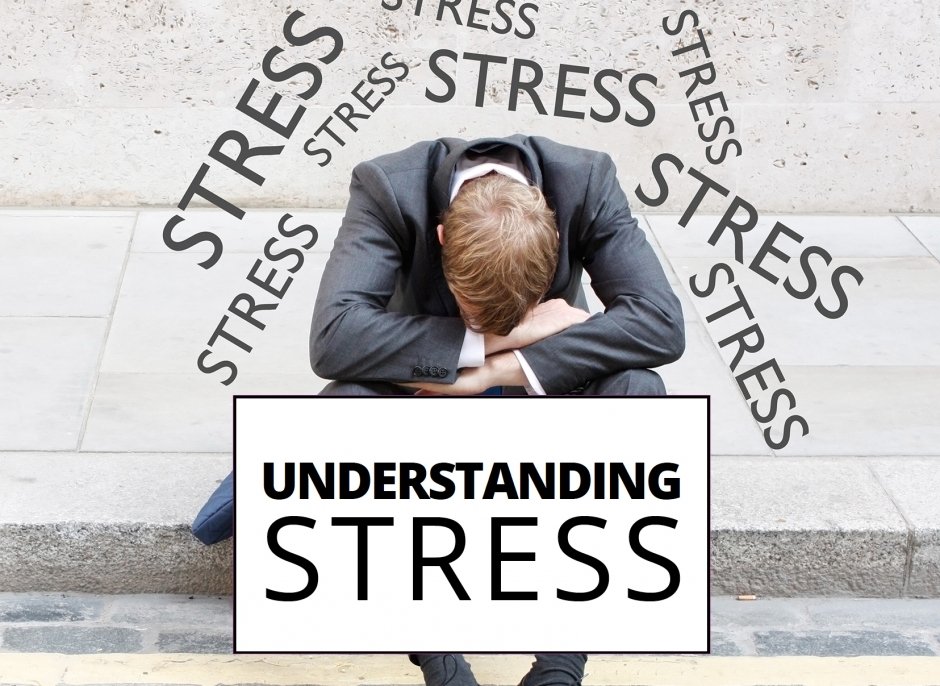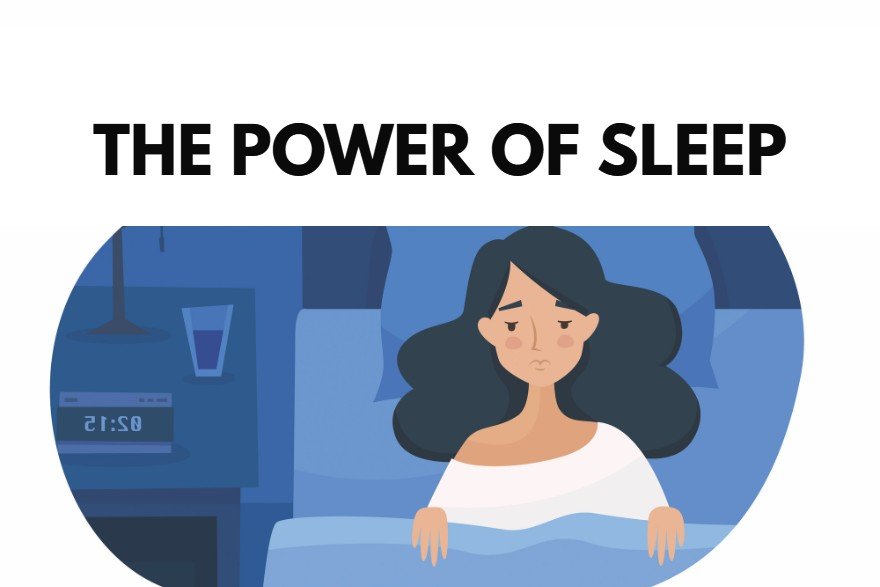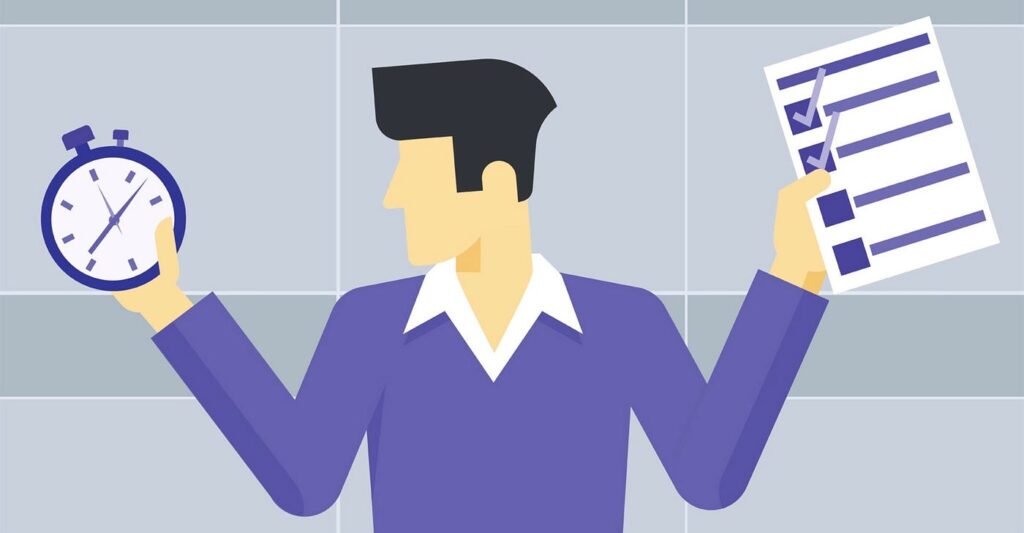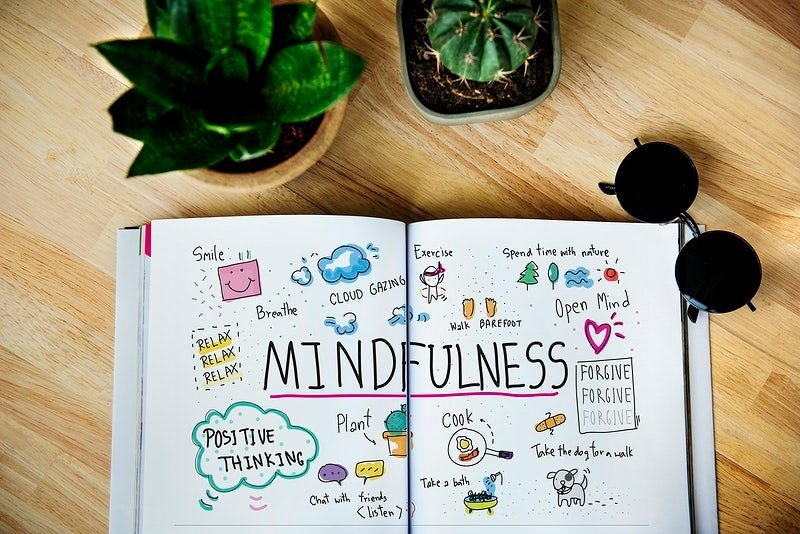In today’s fast-paced world, stress and anxiety have become common companions in our daily lives. As we juggle multiple responsibilities and navigate various challenges, it is crucial to prioritize our mental health. This blog post delves into effective strategies for reducing stress and anxiety, helping you stay healthy, stay fit, and maintain a balanced life.
Understanding Stress and Anxiety

Stress and anxiety, though often used interchangeably, are different. Stress is typically a response to an external cause, such as a looming deadline or a challenging situation. Anxiety, on the other hand, is a person’s internal reaction to stress and can persist even in the absence of a stressor. Recognizing the distinction between the two is the first step towards managing them effectively.
The Importance of Physical Activity

One of the most effective ways to stay healthy and stay fit is through regular physical activity. Exercise has been proven to reduce stress hormones like cortisol while releasing endorphins, the body’s natural mood lifters. Incorporating activities such as walking, running, yoga, or even dancing into your daily routine can significantly reduce feelings of anxiety. Aim for at least 30 minutes of moderate exercise most days of the week to experience these benefits.
Mindfulness and Meditation
Mindfulness and meditation are powerful tools for combating stress and anxiety. These practices encourage you to focus on the present moment, which can help you break free from the cycle of negative thoughts. Start with simple techniques such as deep breathing exercises or guided meditation sessions. Over time, mindfulness can become a natural part of your daily routine, providing a sense of calm and clarity.
Healthy Eating Habits

What you eat can greatly impact your mental health. Consuming a balanced diet rich in fruits, vegetables, whole grains, and lean proteins helps your body function optimally. Foods high in antioxidants, omega-3 fatty acids, and vitamins can boost brain health and reduce anxiety. Avoid excessive caffeine and sugar, which can exacerbate stress. Instead, opt for herbal teas and water to stay hydrated and keep your mind clear.
The Power of Sleep

Quality sleep is fundamental to managing stress and anxiety. Lack of sleep can impair your ability to cope with stress and make you more susceptible to anxiety. Aim for seven to nine hours of sleep per night. Establish a bedtime routine that includes winding down activities such as reading or taking a warm bath. Ensure your sleeping environment is conducive to rest – cool, dark, and quiet.
Building Strong Social Connections

Human beings are social creatures, and strong relationships can act as a buffer against stress. Surround yourself with supportive friends and family members. Share your feelings and experiences with them, as talking about your problems can often provide relief and perspective. Additionally, consider joining clubs or groups that align with your interests. Building these connections can provide a sense of belonging and reduce feelings of isolation.
Practical Time Management

Effective time management can prevent stress from piling up. Create a daily schedule that includes time for work, rest, and leisure activities. Prioritize tasks and break them into manageable steps. Avoid multitasking, as it can lead to increased stress and decreased productivity. By organizing your time effectively, you can reduce the feeling of being overwhelmed and gain a sense of control over your day.
Seeking Professional Help

If stress and anxiety become overwhelming and persistent, seeking professional help is crucial. Therapists and counselors can provide strategies tailored to your specific needs. Cognitive-behavioral therapy (CBT) is particularly effective for treating anxiety disorders. Additionally, consider joining support groups where you can share experiences and coping strategies with others facing similar challenges.
Conclusion: Prioritize Your Mental Well-being
Taking proactive steps to manage stress and anxiety is essential for overall well-being. By incorporating physical activity, mindfulness, healthy eating, quality sleep, and strong social connections into your life, you can significantly reduce stress and anxiety levels. Remember, staying healthy and staying fit goes beyond physical fitness – it encompasses mental health too. Don’t hesitate to seek professional help if needed, and always prioritize your mental well-being.






